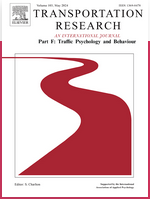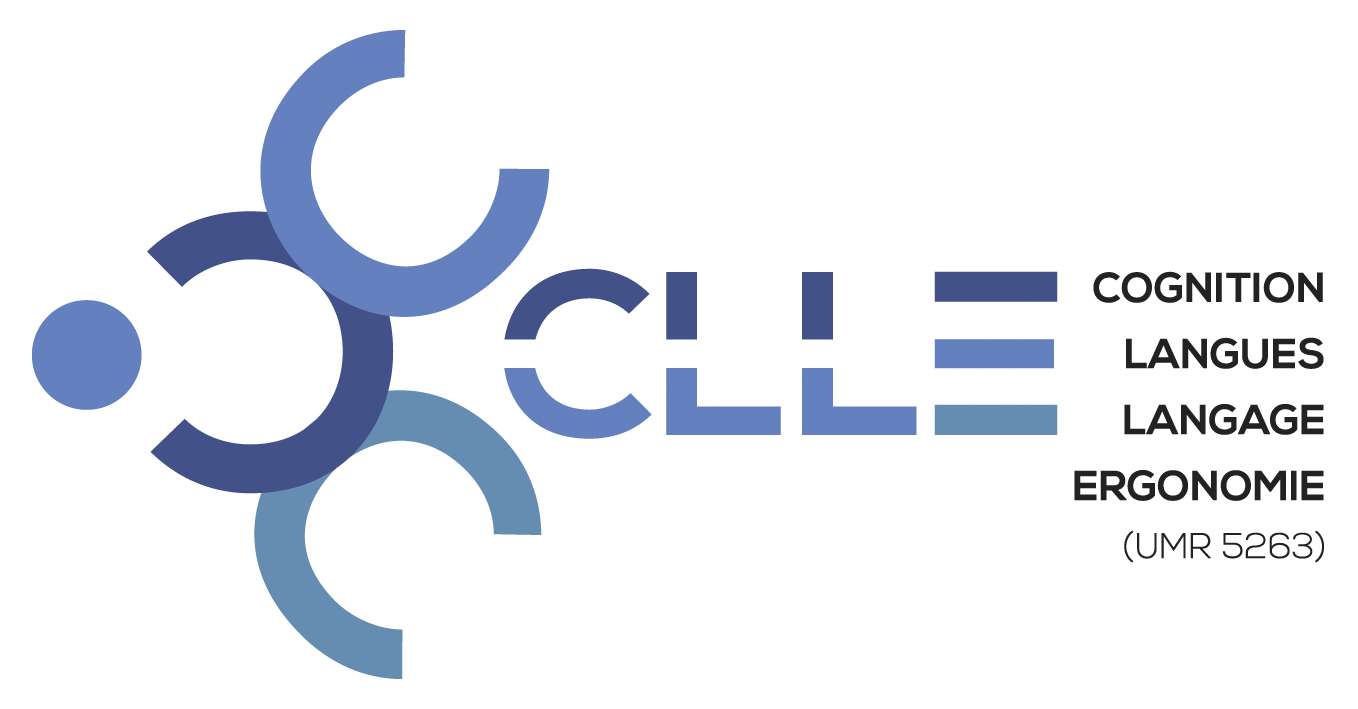-
Partager cette page
Gamification in the Transport and Mobility Sector: A Systematic Review
Publié le 17 juin 2024 – Mis à jour le 25 novembre 2024
Avril, E., Picco, A., Lescarret, C., Lemercier, C., Arguel, A., & Caroux, L.(CLLE)

Gamification is an emerging concept that is often used and cited for its known motivational and engagement qualities. Although gamification is studied and applied in a variety of fields, to our knowledge no overview exists in the field of transport and mobility. There is thus a need for a comprehensive understanding of the research conducted, the empirical evidence it yields and the type of research that could still be lacking. These findings could contribute to more effective and better-accepted transport interventions, whether they aim to improve safety, mobility or eco-friendliness. Our review provides an overview of the literature on gamification in relation to mobility and transport and offers suggestions for future research and interventions. A PRISMA-compliant systematic literature review was conducted on SCOPUS, Web of Science and Pubmed, resulting in 49 eligible papers. The results of the analysis of these papers indicated heterogeneity in multiple areas: objectives of the intervention (e.g., safe or eco-friendly driving), methodologies (i.e., different sample sizes, different experimental designs), types of experiments (e.g., questionnaires, simulation or fleet studies) and gamification processes (e.g., with leaderboards, rewards, narratives), but also and more importantly, in the observed empirical evidence. No consensus seems to have been reached on the effects of gamification nor on the underlying mechanisms in the field of transport. There is a lack of knowledge on the most effective ways to propose a gamified intervention in the field of mobility and transport, whether it aims to change behaviours or attitudes. Further research should rely more on specific theoretical frameworks to justify their approach and assess the effect of gamification more methodologically and empirically in order to build applicable and reliable knowledge. The acquired knowledge could increase road safety or help nudge people towards more eco-friendly modes of transport.
Research Part F: Traffic Psychology and Behaviour, 104, 286–302. https://doi.org/10.1016/j.trf.2024.06.004
Research Part F: Traffic Psychology and Behaviour, 104, 286–302. https://doi.org/10.1016/j.trf.2024.06.004





